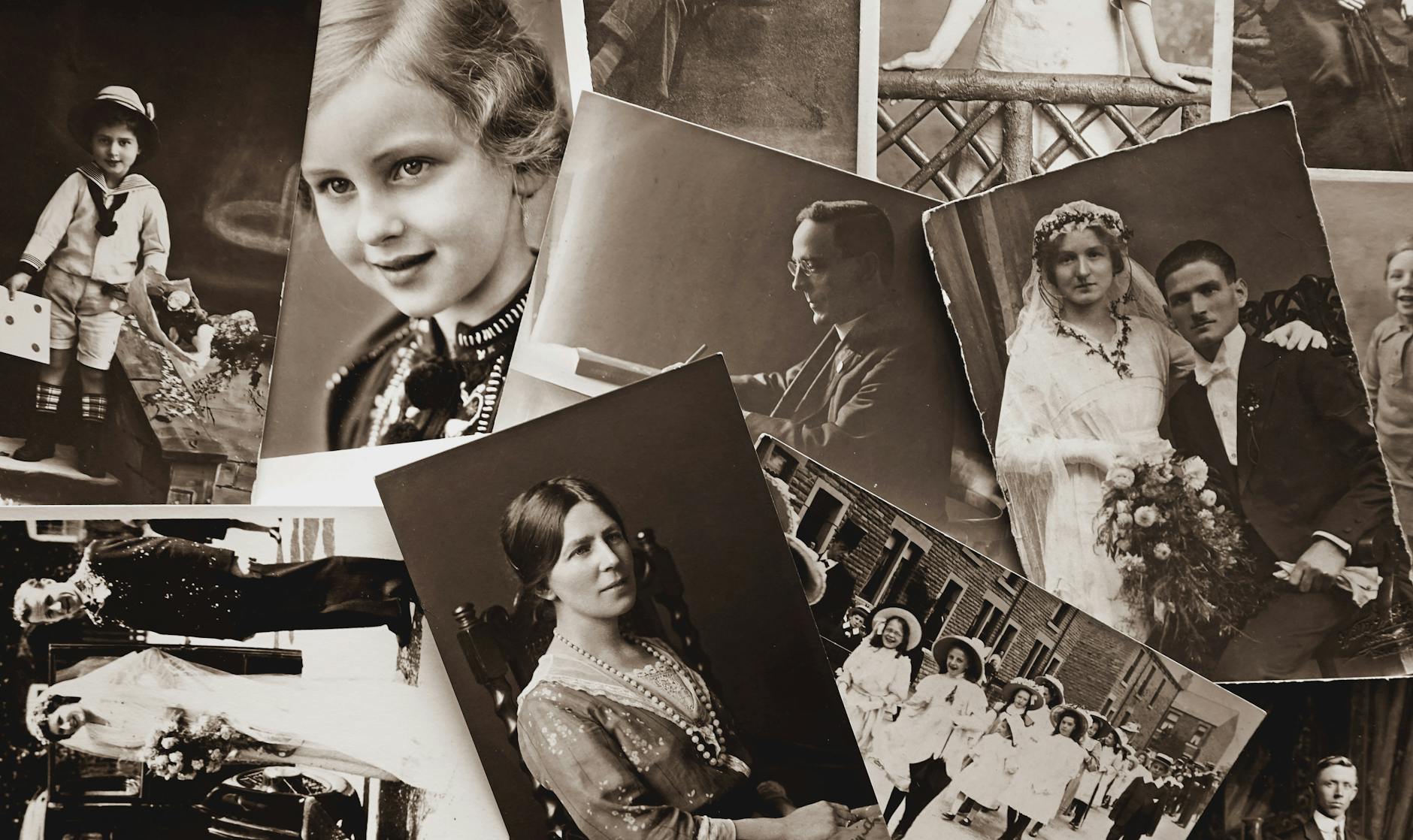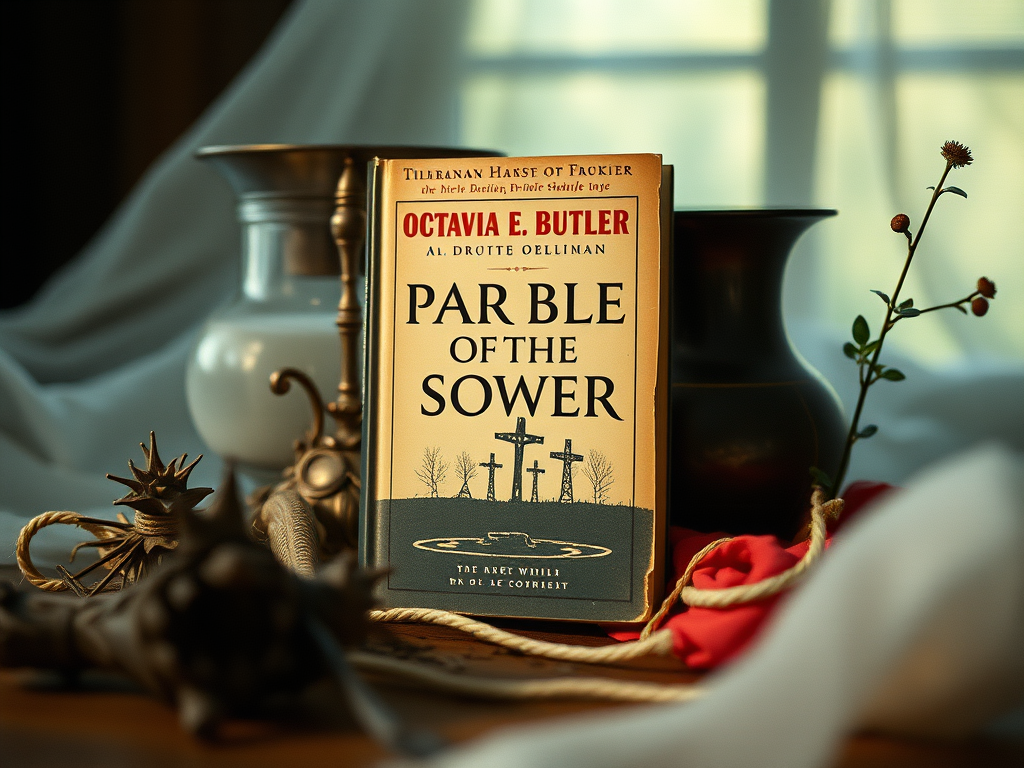A few years after the coronavirus outbreak, everything seems to be going on as before. But during the big waves, the future didn’t seem so bright. This virus has impacted the daily lives of almost everyone in many ways. However, a global pandemic is not new to our society. Ever since human existence, we have been plagued with diseases like the Black Death, Spanish flu and Cholera. How different was the Covid-19 pandemic when compared to past outbreaks?

Today we know much more about pandemics than we did centuries ago. Vaccines have been invented, which reduced the consequences of the pandemic, and the invention of the microscope has also made us better aware of what we are dealing with. Yet we see similarities with the past pandemics where certain things seem to come back more often.
Economic progress
During the corona pandemic, it was expected to have huge long-term economic consequences. But a pandemic not always means bad economic consequences for a society. For example, the effects of the 1347 Black Death were very beneficial economically. This was because about 60% of the population died from this plague. As a result, there was a huge demand for labour which resulted in a lot of employment opportunities. Labour shortages were also seen during the Spanish Flu because this took place during World War I where this virus mainly affected young men at the front.
Women also made progress economically because of the pandemics. This was because the demand for work became so high that women were also asked to work. Ultimately, this ensured that areas hit hard by the Plague were more emancipated than other parts of the world.
Economic growth after a pandemic has been more common throughout history. It is just uncertain whether economic growth and emancipation will also occur after this pandemic. Compared to previous pandemics, Covid-19 is less lethal so it mainly affected the elderly and weak in society.
Measures
The measures we use during covid may sound new, but very many measures have been used by society for hundreds of years. During the corona pandemic, the word quarantine came up a lot, but has been around for a very long time. The word originated in Italy in 1348, where an infected ship had to be quarantined for 40 days. This is where the word Quarantine comes from, which is based on the Italian number forty. Even before 1348, signs of isolation were seen before. During the Black Death, people were checked if they stayed at home and houses were boarded up.
Other measures such as mouth caps and closing public places like schools and theatres were already in place during the Spanish Flu. Also, during the Cholera outbreak, authorities tried to alert people to keep their distance and wash your hands. So the measures we had this pandemic have been in use for a long time.
Public reactions
Public reactions towards pandemics have hardly changed since the Black Death. Misinformation, failure to acknowledge an outbreak and contempt for the government were and still are common. Around during the Italian plague in 1630, scientists in Italy were insulted on the streets.
Conflicting reports were also common in the media. During several pandemics, newspapers took conflicting positions on health measures and contributed to the spread of panic. The Spanish Flu is a good example of this. In fact, this flu did not originate from Spain, but still got this name because the Spanish media wrote about it first. In other countries, it was a taboo to write articles about it.
The conflicting views on the measures also reappeared during the current pandemic. Here, the media often criticised the measures in place and their effectiveness.
The aversion to measures was not only seen in the media. During Covid-19, there were many protests against the measures worldwide. But this was also more common during previous pandemics. During the Spanish flu, many people were sceptical about the usefulness of a mouth guard. Anti-Mask Leauges had even been formed in the United States.
Uncovering tensions
Looking at the history of the pandemics, there is a clear trend where an outbreak exposes existing tensions in societies. During the Black Death, the Jews were blamed for the outbreak. There was already tension against Jews before this. This tension was fuelled by the pandemic. For example, in fear that Jews would infect the cities, they were not allowed in by the gatekeepers.
Even during the current pandemic, there were scapegoats that were avoided by groups of people. An example is avoiding people who came from China. When the corona pandemic emerged, Chinese people had been discriminated against because the virus started in a city in China. Corona was even called the ‘Asian disease’ for a while.
Future
Looking at our history, a society without diseases and pandemics seems almost impossible. ‘It’s not a question of ‘if’, but ‘when’ the next pandemic will come’, Bill Gates said in an interview. We don’t know when, but we do know that with a new pandemic, other things such as our medieval measures, the aversion to this and the tensions in society will also return.







Leave a Reply